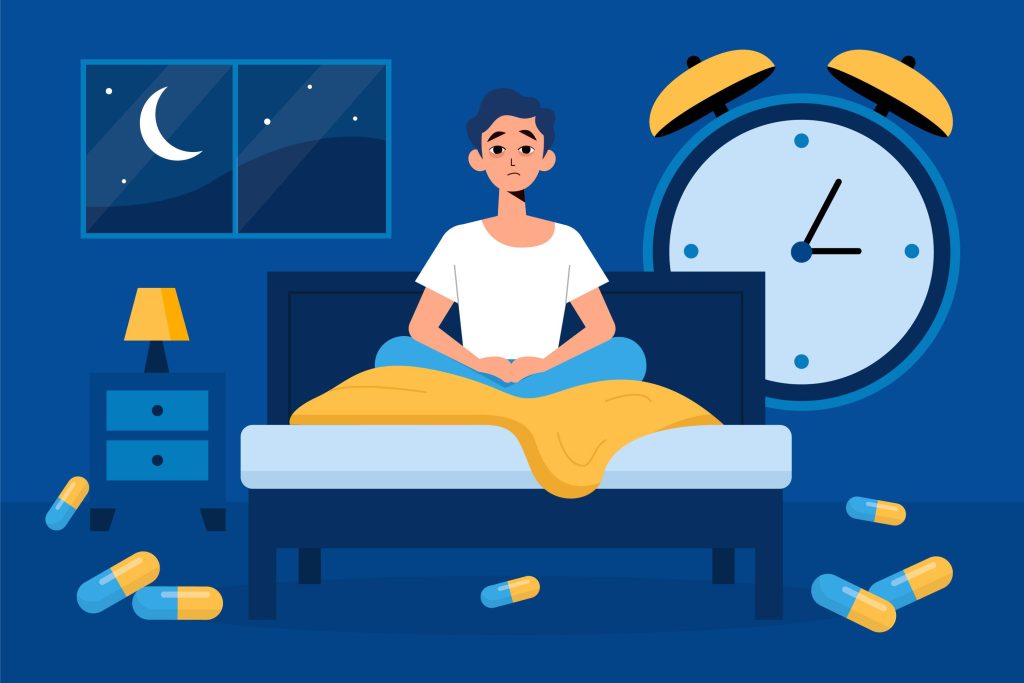It is as simple as that when it comes to your health, every question you ask the doctor can go a long way in catering to the kind of care you will be given. In your case whether you are visiting the doctor because of a particular disease or a disease check up, it will be of great benefit to prepare a list of questions that you intend to ask the doctor so that you can gain more knowledge about your particular disease, which enables you to make the right decision about your health.
Here is the list of 10 questions which, according to this blog post, a patient should address to his doctor or GP on the next appointment. We will also offer some ideas and figures to support the significance of these questions as well.
1. What is the Most Possible Reason for My Symptoms?
Knowing the possible causes of your symptoms is the first way to manage the ailment. According to a survey carried out among patients by the CHC, 70% of the patients said that they were relieved once they knew the likely causes of the symptoms. This awareness enables one to understand his/her ailment and create a realistic approach to the ailment, and the treatment process.
2. What Constitutes Treatment?
The range of options for the treatment can be greatly different depending on the diseases. Patients should know all the possible treatments including the medications, changes in daily life or diet, or even additional treatments you can go for. A research conducted in the year 2022 JAMA otherwise known as The Journal of the American Medical Association revealed that patients who engaged their physicians in treatment options discussion had by 50 percent greater satisfaction and better physical health.
3. What Are the Positive and Negative Outcomes of This Therapy?
Every treatment has its little complications in this sense that there are side effects that are associated with the treatment. Knowledge of these assist you in comparing the advantages and disadvantages of a certain treatment. According to the Patient Education and Counseling 65% of the patients are more confident with their treatment plans after the doctors discuss side effects with them.
4. What lifestyle changes should I know or be willing to take?
It is therefore clear that; modification of behavior and lifestyle is a useful tool in managing or even eradicating some form of ailment. It is also crucial to consult your doctor on any recommended change on your diet, exercise or any other lifestyle changes. For example, according to the American Heart Association, prevention of heart diseases can go up to 80% by doing exercise and maintaining the healthy diet.
5. A common question patients have is, “Do I need any tests?”
Self-diagnostic tests can be of great help if for one or the other reason you want to know the state of your health. But not all tests are required by everyone. Do not hesitate to ask you doctor what tests he considers suitable for you and why. Referring to the idea that numerous tests are capable of causing more harm than benefit, the BMJ states that it is a crucial need to receive individual advice.
6. Preparation for these tests;
It is okay to take tests if they are inevitable; knowledge of how best to prepare results in accurate scores. For instance, there are certain blood tests that call for fasting and there are others which may compel you to abstain from use of specific medicines. Healthline notes that 80% of the patients who were well informed on how to prepare for tests testified less stress during tests.
7. As far as prognosis is concerned, most patients with scaphocephaly ask a variety of questions about the progression of their condition as follows;
Being aware of how your condition is further likely to unfold enables you to prepare for the future. This question is important especially in chronic illness because; Researchers at the CDC have suggested that those patients who understand how their condition is likely to evolve are better placed to deal with their symptoms and hence have a better quality of life.
8. However, if a person has such flu-like symptoms, what do they do?
There is an importance of understanding when one needs to consult the doctor for more care if the symptoms are severe. It is important to talk to the doctor about what warning signs one should look for and/or what to do in case of occurrence. A report showed that patients who had plan for the worst most had 30% ER admission reduction.
9. Is There Any Support Group/Group Resources?
It can be very stressful to have a health condition and to manage it and this is why help from other people is very helpful. You should consult your doctor to find out if there are any local or online support groups, printed or electronic material available to assist you. A study by Puller et al of the Harvard Medical School established that patients who engage in support groups also have better psychological well-being and are also more compliant to the medical advice.
10. When should I get a follow-up appointment:
Lastly, the timing of a reattend is necessary to assess your progress and make a change if necessary. In this case, the NIH guidelines suggest that patients with diseases should visit their physicians often in order to monitor their disease control and avoid adverse effects.
Why These Questions Matter
Correspondingly, it helps in the enhancement of knowing one’s own health and on top of that it improves the doctor- patient relationship. Open communication between the doctor and the patient may result in good health. For example, a Journal of General Internal Medicine research study showed that by involving them in their treatment processes, patient enhancements were realized by 20 percent compared to less involved individuals.
Conclusion
Before visiting your doctor, compiling the questions you want to be answered guarantees that you go home with adequate information to deal with your health. These questions have been sorted out according to their relevance and importance and whether you are battling a new disease or are living with a chronic illness, these top ten questions will help you plan your next consultation with your doctor.
Sunshine Medical Center: If you are looking for the primary care doctors in your area, then you are exactly right here.
As for primary health care you can choose any of the clinics we have in the area to suit your needs best.
It will not be very daunting to search for primary physicians near you operating in Sunshine, Australia. Usefully, full contact details for all of these locations can be found on the primary care part of this site.






